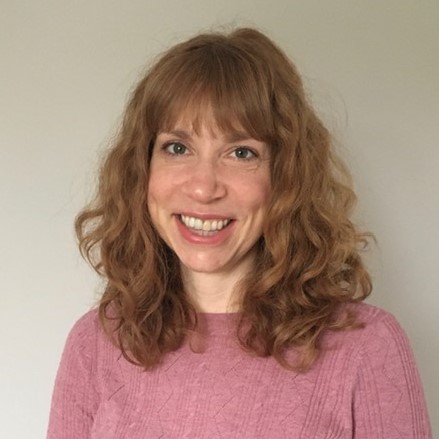The Rituals of Integrated Working: Promoting and Improving Integrated Care
Background
Bringing together services is often when different agencies, such as mental health and social care, join up to coordinate care around patient needs. This is sometimes referred to as ‘joined up’ or ‘integrated care’. However, bringing together services can be difficult. Different organisations and teams operate differently, and there can be confusion, and sometimes tension, around who will do what, who will pay for it, and who has access to certain types of information. Staff and service users/carers often try to resolve these difficulties through meetings and visits. Unresolved challenges can result in poorer patient care. This study explores delivering and receiving joined up care in children and adolescents and older people services. It focuses on how different groups of people trust each other and work collaboratively through everyday encounters, such as meetings. Learning from this study will help improve integrated care services.
Approach
There are four different phases to this project:
Phase 1: Spending 6 weeks with 4 teams (2 each in children and adolescent and older people services) to understand how people work together, what works well and what is challenging in their work. The methods will use participant observation and interviews.
Phase 2: In collaboration with Healthwatch, an independent organisation ensuring patient needs are at the core of services, exploring carer and/or service user views of integrated services through interviews.
Phase 3: Developing a bespoke learning tool that assesses how people relate to each other. The tool will be piloted with existing sites, reflecting on how it can help facilitate trust and cooperation within teams.
Phase 4: Working with teams, Healthwatch and service users/carers, coproducing a toolkit, workshops and learning resources for integrated services.
Watch and listen to find out more about Jenelle’s fellowship project
Jenelle shares research insights as a guest on the podcast Listen to THIS. Listen to the episode ‘Relationships and rituals in healthcare’:
Please accept cookies or click here to access this content.
